The "End of Life" for Windows 10: A Massive E-Waste Threat and Sustainable Solutions
Have you ever considered that the computer you use daily could soon become part of the global e-waste problem? Microsoft's decision to discontinue support for Windows 10 has raised significant concerns about the future of millions of computers worldwide.
The company has announced plans to end support for Windows 10 in 2025, marking a critical decision with far-reaching consequences. With hundreds of millions of devices potentially becoming e-waste due to the lack of security updates and new features, this decision poses major environmental and sustainability challenges in the tech industry.
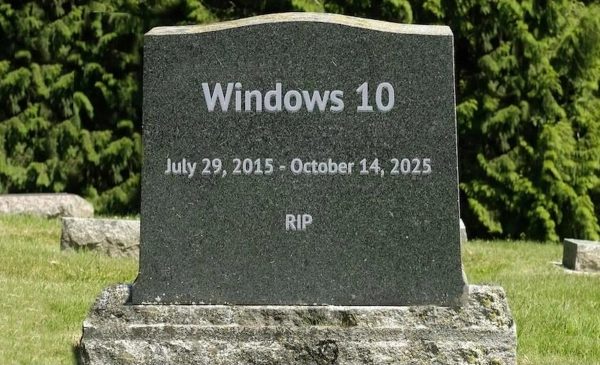
240 Million Windows 10 PCs Set to Become Waste
Analysts estimate that around 240 million personal computers (PCs) running Windows 10 will become e-waste by 2025 when Microsoft officially ends support for the operating system. This outcome is the inevitable result of Microsoft's 10-year product support cycle, similar to what happened with Windows 7 in the past.
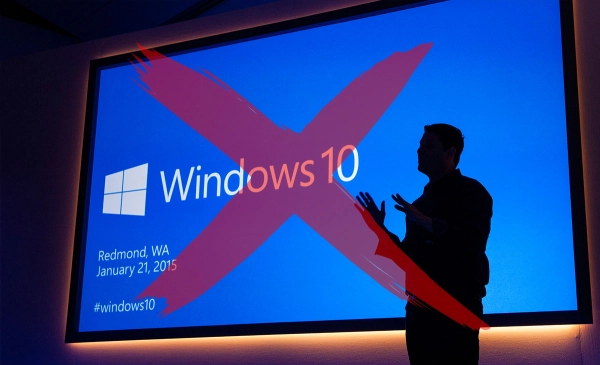
The end of Windows 10 presents a significant challenge for both users and the environment. Many users, particularly businesses, will face a tough decision: upgrade to the latest Windows 11 or purchase new computers. However, not all devices meet the higher hardware requirements of Windows 11, leading to a potential increase in e-waste.
Besides impacting users, e-waste is a significant burden on the environment. Computers contain hazardous materials such as lead, mercury, cadmium, and bromine. If not disposed of properly, these substances can contaminate water sources and soil, posing serious health risks.
Instead of discarding old computers, users should consider recycling them safely and in an environmentally friendly manner. Microsoft offers a paid program that allows continued use of Windows 10 for three years after support ends. However, the costs of this program (USD 61 for the first year, USD 122 for the second, and USD 244 for the third) may not be suitable for all users.
A Massive Source of Waste is Emerging
The end of Windows 10 support won't just benefit landfills. As Jessop explains, "Due to significant demand during the COVID era, many business PC fleets are in need of refreshment." That, along with the end of Windows 10 support, will drive PC sales in the coming months. A Canalys survey of channel partners found that 73% expect Win10's End of Support (EoS) to impact customers' refresh plans over the next 12 months.
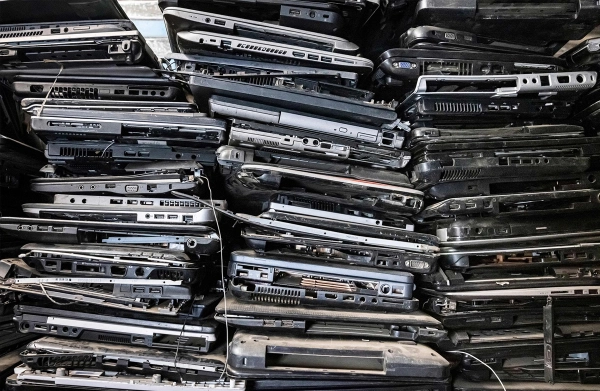
The rapid development of artificial intelligence (AI) is also rendering Windows 10 hardware obsolete, regardless of Microsoft's continued support. AI-driven applications and features require more powerful hardware than what Windows 10 can offer, leading to increased demand for more robust computing power.
Eighty-three percent of CIOs predict they will shift AI workloads from the public cloud to on-premises devices this year. This highlights a significant shift from cloud data access to on-device data processing to optimize performance and security. Overall, Windows 10 devices are on the verge of mass obsolescence, with an estimated 240 million units potentially becoming e-waste.
Using Newer Computers for Longer Updates
Transitioning to new versions of operating systems is essential for ensuring the safety and sustainability of personal electronic devices. New versions often come with regular security updates and enhanced features, helping users avoid potential security vulnerabilities and optimize system performance.
However, this also presents challenges for organizations and individual users. Russ Ernst, CTO of Blancco Technology Group, notes that there is a growing trend to maximize the lifespan of hardware. Businesses are gradually shifting from the traditional three-year usage cycle to a longer maintenance cycle, even up to seven years, to reduce costs and optimize resources.
Manufacturers like HP are gradually adjusting their strategies to meet this demand, offering computer designs that are built to last longer. This not only helps reduce e-waste but also improves the sustainability of tech products.
An effective strategy for extending device lifespan is hardware tiering, which allows different units within an organization to reuse devices at different levels of usage. In other words, high-end computers that are no longer suitable for intensive tasks can be downgraded to lower-demand roles, maximizing the device's utility.
A Lesson in Sustainability
This situation raises significant questions about the sustainability of technology and our consumer habits. Prolonging the use and maintenance of computers can help reduce e-waste while encouraging hardware and software manufacturers to develop long-term maintenance solutions for their products.
Device and OS providers play a crucial role in minimizing e-waste by designing durable, repairable, and recyclable products to extend their lifespan. They should also offer software updates and long-term support services to maintain the security and performance of devices.

Reducing e-waste from the end of Windows 10 support requires close collaboration between providers, consumers, and policymakers. Each party has a critical role in designing, using, and disposing of electronic devices sustainably to protect the environment and optimize the use of tech resources.
The "end of life" for Windows 10 is a wake-up call regarding the e-waste issue. To address this problem, we need cooperation from manufacturers, consumers, and governments. By choosing sustainable products, recycling old devices, and promoting environmental protection policies, we can build a more sustainable future for our planet.
Submit feedback
Your email address will not be made public. Fields marked are required *
Search
Trend
-
What is Black Myth: Wukong? Detailed Guide on System Requirements and Gameplay
08-21-2024 . 1k view
-
The simplest and fastest way to log into the Chinese TikTok, Douyin.
01-10-2022 . 1k view
-
Blog sites that will accept AI generated content
07-26-2024 . 1k view
-
Call of Duty: Black Ops 6 - Intense, Mysterious, and Surprising Warfare
09-02-2024 . 1k view
-
The "End of Life" for Windows 10: A Massive E-Waste Threat and Sustainable Solutions
08-18-2024 . 951 view






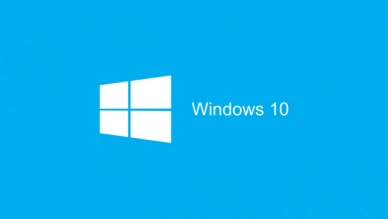
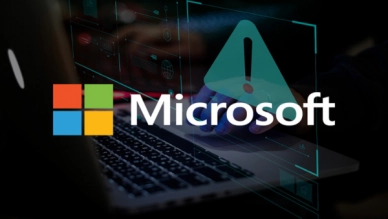
0 feedback